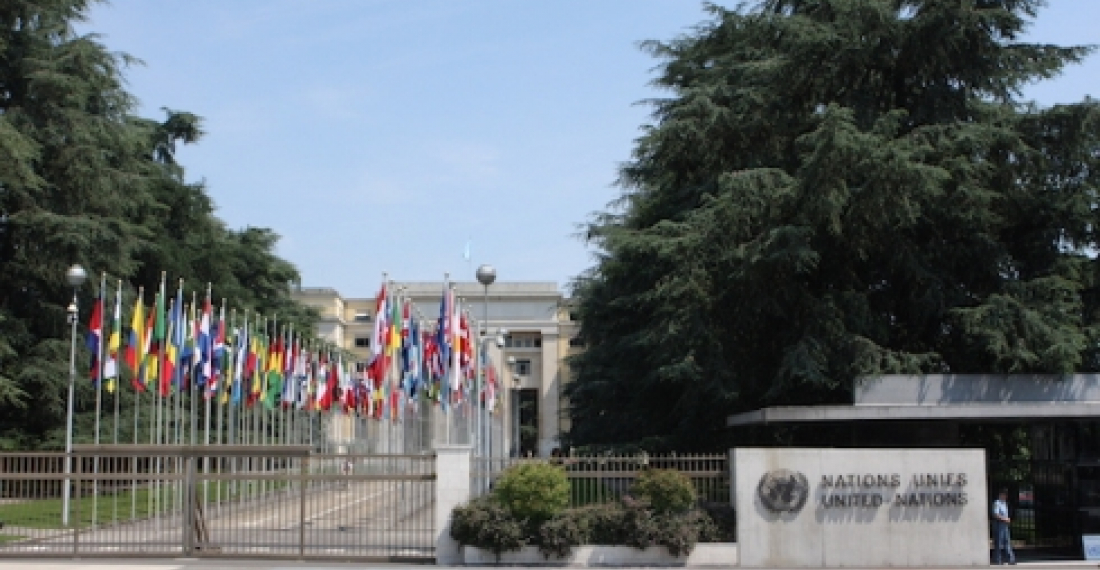Officials from Russia and the self-declared republics of South Ossetia and Abkhazia have walked out of the latest round of Geneva discussions, it was reported on Thursday.
Tensions have been high since a Georgian man was killed near the Administrative Boundary Line on May 19. Georgia is accusing the Abkhazian authorities of not responding adequately to the incident by prosecuting the individual responsible.
The talks, co-chaired by representatives of the EU, UN and OSCE, are now in their 36th round. The walk out happened during discussions on displaced people, according to the Georgian government.
“Representatives of Russia and the occupied regions left the second-meeting group discussion as the sign of protest,” said the Georgian foreign ministry.
“The action once again indicates on their non-constructive attitude to human rights and humanitarian issues as well as to the general principles of the Geneva Talks.” A statement from the Abkhazian authorities was not immediately available.
The next round of talks is scheduled for October 4-5. The Incident Prevention and Response Mechanism (IPRM), based in Gali, resumed in March after being suspended for four years after an Abkhaz walk out.
SOURCE: commonspace.eu with agenda.ge and agencies
PHOTO: The United Nations building in Geneva







